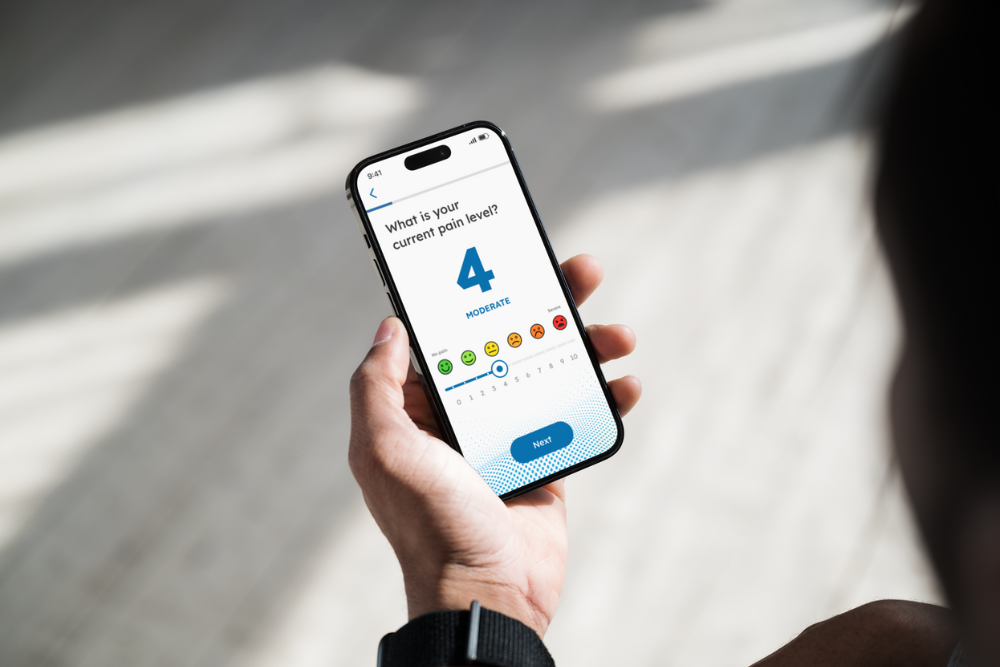For an injured worker, recovery involves more than just physical healing; it requires a supportive and well-coordinated care experience. Unfortunately, poorly defined and executed care coordination is one of the top barriers to effective recovery in workers’ compensation cases. At Bardavon Health Innovations, we prioritize excellent customer service and successful patient outcomes by utilizing our Recovery+ program to improve coordination of the rehab process.
What Is Effective Care Coordination?
Effective care coordination starts when an injury is reported and continues until treatment is complete. As a national PT/OT network, Bardavon’s care coordination responsibilities span timely scheduling, efficient communication, punctual and thorough documentation, and post-treatment follow-up. These elements ensure that every stakeholder has the necessary information and resources to guide the injured worker’s recovery process.
Components of Effective Care Coordination
Efficient Communication
Communication with the injured worker can drastically affect their perception of how efficiently and effectively the workers’ compensation process is working for them. Proper management during the first report of injury (FROI) can set the tone for the worker’s perception going forward for the duration of the claim. Empathetic communication from the employer that addresses all the employee’s concerns and prioritizes his/her overall well-being can go a long way. On the contrary, a suspicious tone or dismissive approach by the employer may set the claim up for barriers from day one.
Timely Scheduling
Timeliness in scheduling treatment and establishing initial contact with the injured worker are simple steps the employer can take to cultivate a positive perception of the care process. Scheduling and initiating physical therapy treatment as quickly as possible after receiving the physician’s prescription minimizes delays in recovery. Immediate engagement of the injured worker can occur through Bardavon’s Recovery + SMS messaging tool once treatment is scheduled, which can condense the entire process from several days to mere hours.
Punctual and Thorough Documentation
Consistently updated documentation is key to effective care coordination. By providing all stakeholders with timely treatment notes and other records, Bardavon ensures that case management decisions are informed by the most current information. In addition to standard documentation, Recovery+ “coaches” capture any personal or health-related issues affecting therapy attendance and collect real-time feedback on the rehabilitation process, which supports individualized and responsive care adjustments.
Post-Treatment Follow-Up
A critical aspect of the care coordination process is assessing the injured worker’s experience post-treatment. Bardavon uses follow-up surveys through Recovery+ to gather direct feedback, giving injured workers a chance to voice their experiences and providing stakeholders with insights for future improvements. By closing the loop, Bardavon not only identifies potential areas for process enhancements but also reinforces to workers that their opinions matter and their well-being is a priority.
Managing Costs Through Effective Care Coordination
Workers’ compensation claims often incur costs beyond direct healthcare services, including indemnity and litigation expenses. Effective care coordination can significantly manage these costs by reducing the need for extended recovery times and minimizing additional expenses.
Impact on Workers’ Compensation Costs
While direct healthcare expenses, such as physical therapy, represent a large portion of claim costs, workers’ compensation cases also include Total Temporary Disability (TTD) payments. TTD compensates injured workers for lost wages, amounting to two-thirds of their regular pay, and represents the indemnity or “lost time” aspect of the claim. Additionally, some workers’ compensation claims become litigated, where legal and settlement costs can exceed even direct healthcare costs. By coordinating care efficiently, Bardavon can help avoid some of these escalated costs.
Role of Time in Cost Management
Time is the most significant variable affecting workers’ compensation costs. Delays in diagnostics or treatment can increase claim costs dramatically. For instance:
Diagnostic Delays: A delay in diagnostic testing can lead to failed attempts at conservative treatments, such as physical therapy, when a more direct approach may have led to faster recovery.
Treatment Delays: Delays in treatment initiation or continuation can increase TTD expenses and negatively impact the worker’s perception of the recovery process, which may lead them to seek legal representation.
By coordinating care effectively, Bardavon can reduce these delays and minimize the risk of adverse cost escalations associated with workers’ compensation claims.
Creating a Positive Experience through Care Coordination
Effective care coordination ultimately hinges on creating a positive experience for the injured worker. This includes maintaining a tone of empathy and understanding during every interaction. An empathetic approach assures the worker that their concerns are being addressed and that their well-being is the top priority. On the other hand, a dismissive or suspicious tone can introduce friction into the process and set the claim up for barriers from the outset.
Empathy and Communication
Bardavon’s emphasis on empathetic communication helps to establish a foundation of trust with the injured worker. Empathetic communication addresses the worker’s concerns and ensures they feel valued, reducing the likelihood of unnecessary delays or the desire to pursue litigation.
Setting a Positive Tone with Effective Communication
Through Recovery+, Bardavon continually seeks to enhance the worker’s experience. The injured worker’s perception of their care journey is key to their engagement and satisfaction. By regularly gathering feedback and maintaining a supportive, responsive process, Bardavon reinforces a positive, worker-centered experience within the workers’ compensation system.
Through strategic efforts in care coordination, Bardavon Health Innovations not only manages the physical rehabilitation of injured workers but also supports them with empathetic communication and efficient processes. This holistic approach reduces unnecessary costs, minimizes delays, and contributes to a higher quality of service, which collectively make a difference in the experience of injured workers and their long-term outcomes.

